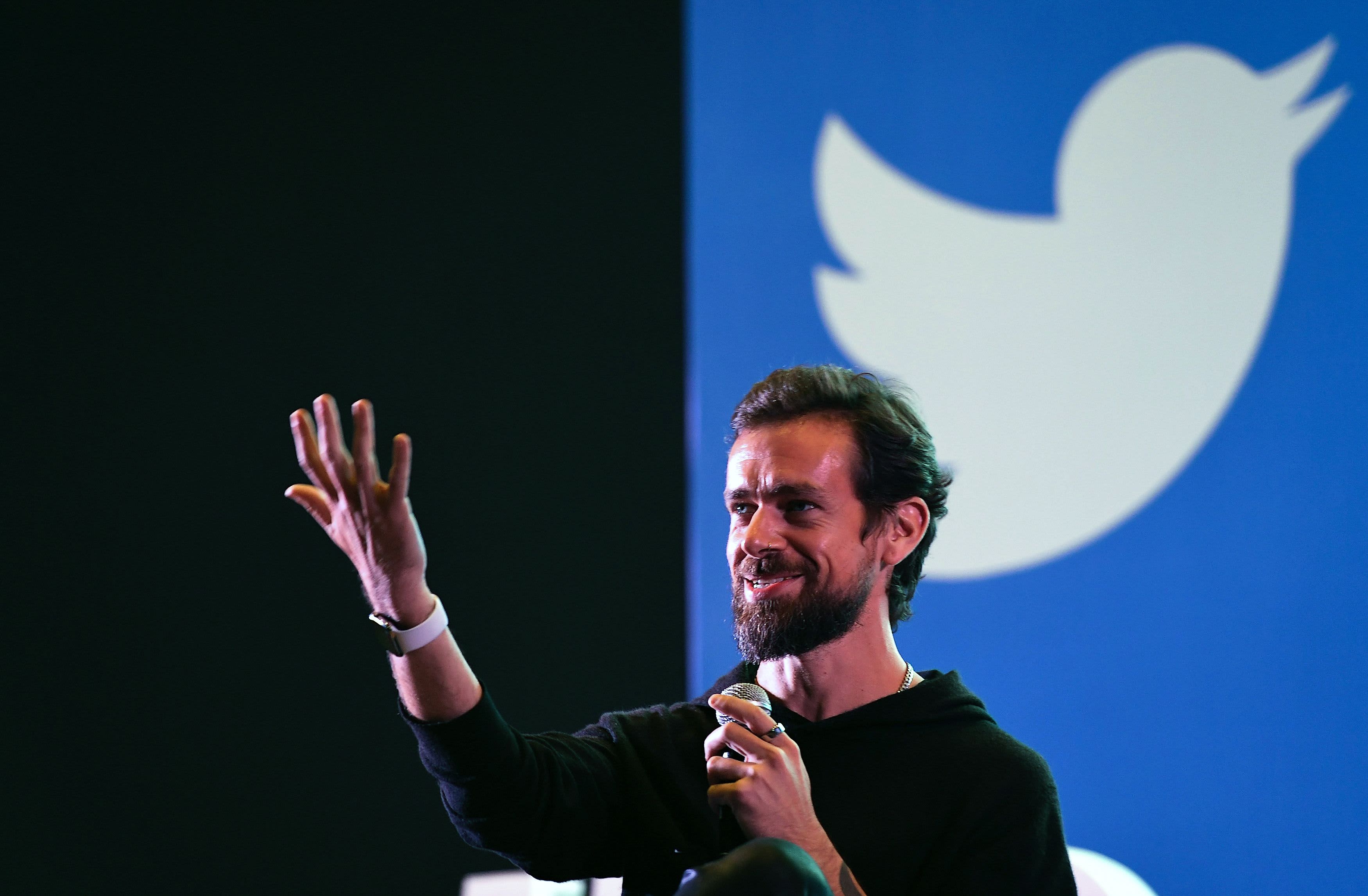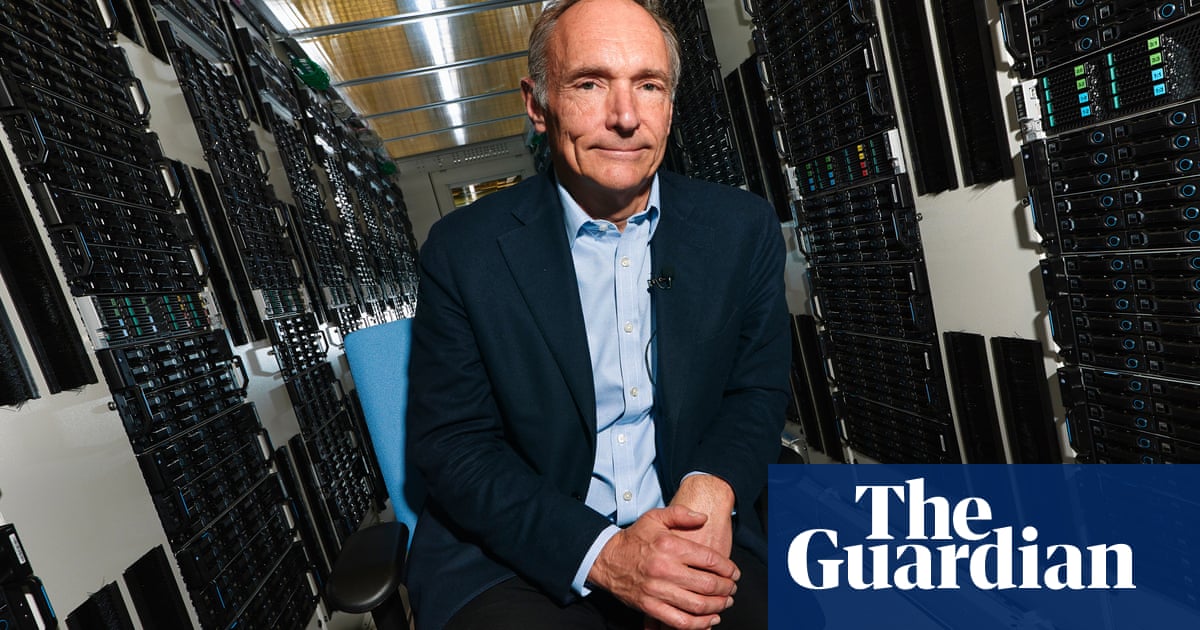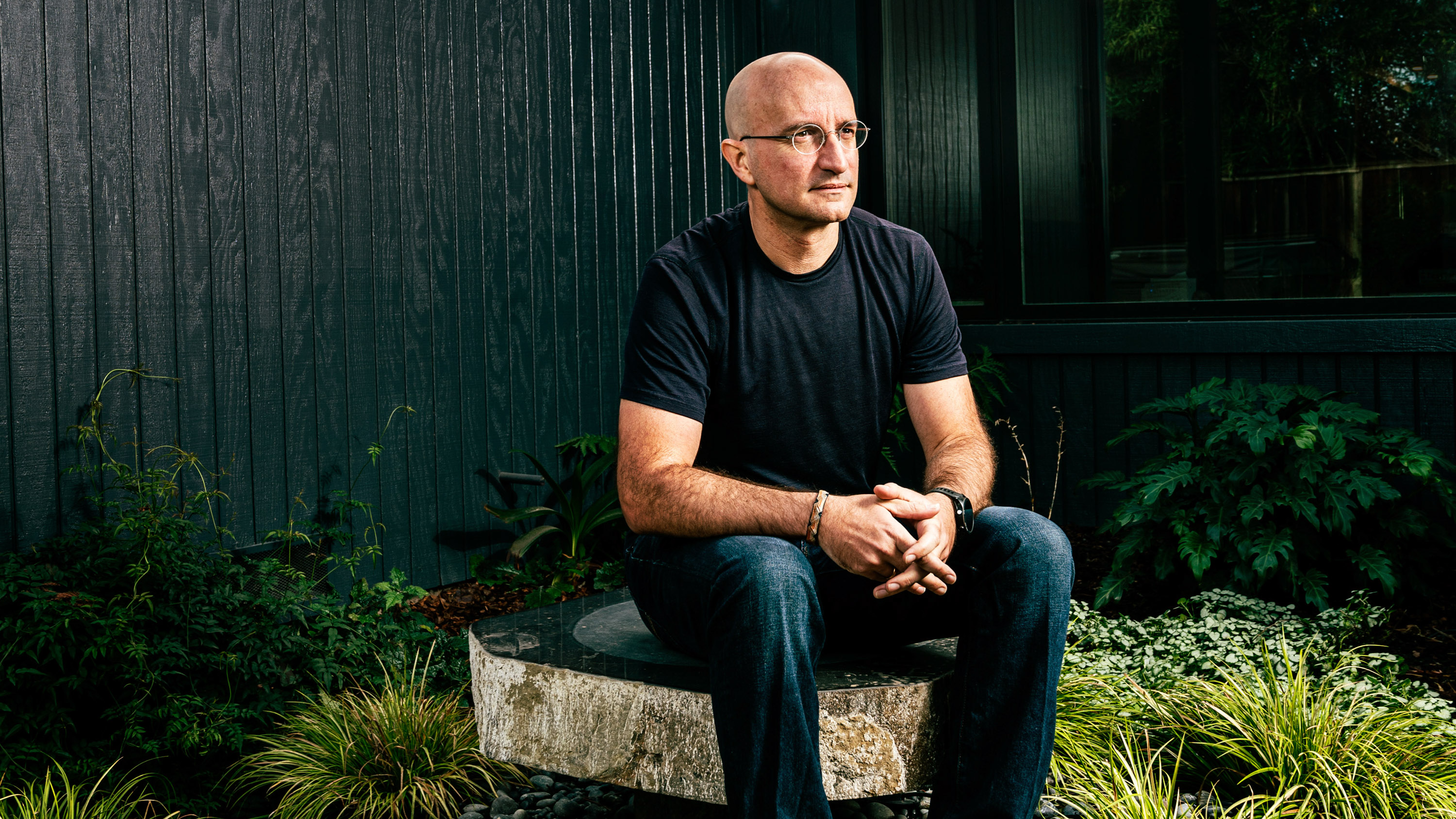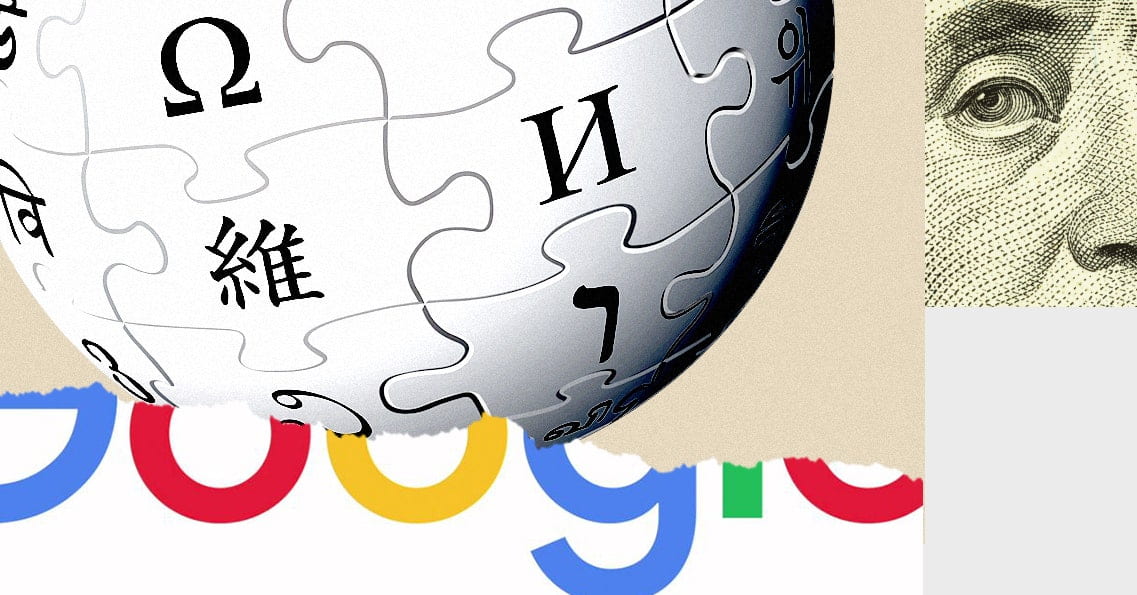Mar 24, 2021 | algo, networking, trends
 They run to more than 300 pages, envisaging and exemplifying some of the most borderline and ethically challenging uses of the world’s biggest social network by its 2.8 billion monthly users. Secret Facebook guidelines seen by the Guardian show how the company controls its mainly outsourced moderators’ work down to the smallest detail, defining its rules so precisely that contractors are told which emojis constitute “praise” and which count as “condemnation”.
They run to more than 300 pages, envisaging and exemplifying some of the most borderline and ethically challenging uses of the world’s biggest social network by its 2.8 billion monthly users. Secret Facebook guidelines seen by the Guardian show how the company controls its mainly outsourced moderators’ work down to the smallest detail, defining its rules so precisely that contractors are told which emojis constitute “praise” and which count as “condemnation”.
Source: Decoding emojis and defining ‘support’: Facebook’s rules for content revealed
Mar 23, 2021 | trends, video

As streaming video has gained in importance during the pandemic, advertisers have put more focus on Hollywood-level branded content as a way to reach viewers.
Source: With Fewer Ads on Streaming, Brands Make More Movies
Mar 23, 2021 | algo

Artists are seeing their work showing up in NFTs they did not mint themselves
Source: NFT mania is here, and so are the scammers
Mar 23, 2021 | algo, networking
 Jack Dorsey, CEO of Twitter and Square, sold his first tweet as an NFT, or nonfungible token , for over $2.9 million on Monday when bidding ended on the “Valuables” platform, which is run by Cent, a blockchain-powered social media network.
Jack Dorsey, CEO of Twitter and Square, sold his first tweet as an NFT, or nonfungible token , for over $2.9 million on Monday when bidding ended on the “Valuables” platform, which is run by Cent, a blockchain-powered social media network.
Source: Jack Dorsey sells his first tweet ever as an NFT for over $2.9 million
Mar 23, 2021 | algo

Programmers have figured out ways to help family and friends gain an edge in getting vaccine appointments, but they also realize not everybody has that advantage.
Source: Want a vaccination appointment? It helps to know a Python programmer
Mar 21, 2021 | games & graphics

There’s a psychology behind our affection for retro gaming, and it’s only partly to do with nostalgia for the past.
Source: Why Retro-Looking Games Get So Much Love
Mar 20, 2021 | games & graphics

Combined with phone calls, texts and chat tools like Discord, video games from battle royal “Fortnite” to the immersive world of “Roblox” are giving people a way to share fun, escapist experiences with each other when their shared reality is darker. They also act as a conduit for discussing the harder topics, like depression. Whether it’s shooting aliens together in near silence or opening up about feelings of loss, playing games is serving a valuable purpose
So.urce: They laughed, they cried, they killed monsters: How friendships thrived in video games during the pandemic
Mar 20, 2021 | trends, video

In their agreements with the league, networks promoted their digital rights. But the structure of the deals allows consumers to watch most games without subscribing to a streaming service.
Mar 20, 2021 | algo, games & graphics, trends
On Beeple, Nyan Cat and the latest tech phenom: the non-fungible token, or NFT.
Source: Another Big Step Toward Digitizing Our Lives
Mar 19, 2021 | trends, video
 Cable programmer’s strategy is to work with as many streamers and ad tech platforms as possible.
Cable programmer’s strategy is to work with as many streamers and ad tech platforms as possible.
Source: As ‘The Walking Dead’ comes to an end, AMC looks ahead to the company’s digital future
Mar 19, 2021 | algo, trends
 The desert landscape of California’s Coachella valley will soon be home to the first US neighborhood comprised entirely of 3D-printed houses. Through a partnership between two California companies – Palari, a sustainable real estate development group, and Mighty Buildings, a construction technology company – a five acre parcel of land in Rancho Mirage will be transformed into a planned community of 15 3D-printed, eco-friendly homes claiming to be the first of its kind. “This will be the first on-the-ground actualization of our vision for the future of housing,” said Alexey Dubov, the co-founder and chief operating officer of Mighty Buildings.
The desert landscape of California’s Coachella valley will soon be home to the first US neighborhood comprised entirely of 3D-printed houses. Through a partnership between two California companies – Palari, a sustainable real estate development group, and Mighty Buildings, a construction technology company – a five acre parcel of land in Rancho Mirage will be transformed into a planned community of 15 3D-printed, eco-friendly homes claiming to be the first of its kind. “This will be the first on-the-ground actualization of our vision for the future of housing,” said Alexey Dubov, the co-founder and chief operating officer of Mighty Buildings.
Source: ‘The future of housing’: California desert to get America’s first 3D-printed neighborhood
Mar 19, 2021 | games & graphics
 “Where have you been all this time?” A wave of guilt washed over me as I read these words on the screen. Considering how 2020 dismantled our reality and created a new set of post-coronavirus social paradigms, the last thing I wanted was to explain myself to someone I thought would understand.
“Where have you been all this time?” A wave of guilt washed over me as I read these words on the screen. Considering how 2020 dismantled our reality and created a new set of post-coronavirus social paradigms, the last thing I wanted was to explain myself to someone I thought would understand.
Source: Fear and self-loathing in Animal Crossing: New Horizons
Mar 19, 2021 | algo, mobile
 Does it work the way Facebook claims? Too soon to tell. The product is still in research and development at the company’s internal Facebook Reality Labs, and I didn’t get to have a go. No word yet on when it will be released or how much it will cost, either.
Does it work the way Facebook claims? Too soon to tell. The product is still in research and development at the company’s internal Facebook Reality Labs, and I didn’t get to have a go. No word yet on when it will be released or how much it will cost, either.
Source: Facebook is making an augmented reality wristband that lets you control computers with your brain
Mar 18, 2021 | audio, trends

The share of Spotify streams accounted for by the majors and Merlin fell four percentage points in 2020 to 78%, down from a high of 85% in 2018. The recorded music market is one in which label market shares typically move at a near glacial pace. In comparison, this shift is nothing short of tectonic. What we are witnessing is not just the emergence of a new pattern of growth in the recorded music business but also the emergence of a new breed of record label.
Source: Smaller independents and artists direct grew fastest in 2020
Mar 17, 2021 | algo, networking, trends
 Z oom being Zoom, Tim Berners-Lee’s name appears in my browser window about 20 seconds before his audio and video feed kick in – and for a brief moment, the prospect of talking online to the inventor of the world wide web seems so full of symbolism and significance that it threatens to take my breath away.
Z oom being Zoom, Tim Berners-Lee’s name appears in my browser window about 20 seconds before his audio and video feed kick in – and for a brief moment, the prospect of talking online to the inventor of the world wide web seems so full of symbolism and significance that it threatens to take my breath away.
Source: Tim Berners-Lee: ‘We need social networks where bad things happen less’
Mar 17, 2021 | algo, mobile, networking, trends
 Tech’s burgeoning new labor movement has its own class divide — between a conventional organizing push among blue collar employees and an effort among white collar employees that’s based on a different set of concerns and goals. Why it matters: The tech industry rose to power and wealth largely union-free.
Tech’s burgeoning new labor movement has its own class divide — between a conventional organizing push among blue collar employees and an effort among white collar employees that’s based on a different set of concerns and goals. Why it matters: The tech industry rose to power and wealth largely union-free.
Source: The split at the heart of tech’s new labor movement
Mar 17, 2021 | algo, networking, trends
Source: Wikipedia Is Finally Asking Big Tech to Pay Up
Mar 15, 2021 | games & graphics

Joshua Mullins told associates he was a multi-billionaire esports investor. In reality, he was a small-town kid with a passion for gaming and a knack for forgery.
Source: $42 million, fake checks, and broken promises: How one teenager nearly forged his way into esports
Mar 15, 2021 | algo, networking, trends

Everything the company does and chooses not to do flows from a single motivation: Zuckerberg’s relentless desire for growth. Quiñonero’s AI expertise supercharged that growth. His team got pigeonholed into targeting AI bias, as I learned in my reporting, because preventing such bias helps the company avoid proposed regulation that might, if passed, hamper that growth. Facebook leadership has also repeatedly weakened or halted many initiatives meant to clean up misinformation on the platform because doing so would undermine that growth.
Source: He got Facebook hooked on AI. Now he can’t fix its misinformation addiction
Mar 15, 2021 | algo, networking, trends
 When Google forced out two well-known artificial intelligence experts, a long-simmering research controversy burst into the open.
When Google forced out two well-known artificial intelligence experts, a long-simmering research controversy burst into the open.
Source: Who Is Making Sure the A.I. Machines Aren’t Racist?
They run to more than 300 pages, envisaging and exemplifying some of the most borderline and ethically challenging uses of the world’s biggest social network by its 2.8 billion monthly users. Secret Facebook guidelines seen by the Guardian show how the company controls its mainly outsourced moderators’ work down to the smallest detail, defining its rules so precisely that contractors are told which emojis constitute “praise” and which count as “condemnation”.


 Jack Dorsey, CEO of Twitter and Square, sold his first tweet as an NFT, or nonfungible token , for over $2.9 million on Monday when bidding ended on the “Valuables” platform, which is run by Cent, a blockchain-powered social media network.
Jack Dorsey, CEO of Twitter and Square, sold his first tweet as an NFT, or nonfungible token , for over $2.9 million on Monday when bidding ended on the “Valuables” platform, which is run by Cent, a blockchain-powered social media network.



 Cable programmer’s strategy is to work with as many streamers and ad tech platforms as possible.
Cable programmer’s strategy is to work with as many streamers and ad tech platforms as possible. The desert landscape of California’s Coachella valley will soon be home to the first US neighborhood comprised entirely of 3D-printed houses. Through a partnership between two California companies – Palari, a sustainable real estate development group, and Mighty Buildings, a construction technology company – a five acre parcel of land in Rancho Mirage will be transformed into a planned community of 15 3D-printed, eco-friendly homes claiming to be the first of its kind. “This will be the first on-the-ground actualization of our vision for the future of housing,” said Alexey Dubov, the co-founder and chief operating officer of Mighty Buildings.
The desert landscape of California’s Coachella valley will soon be home to the first US neighborhood comprised entirely of 3D-printed houses. Through a partnership between two California companies – Palari, a sustainable real estate development group, and Mighty Buildings, a construction technology company – a five acre parcel of land in Rancho Mirage will be transformed into a planned community of 15 3D-printed, eco-friendly homes claiming to be the first of its kind. “This will be the first on-the-ground actualization of our vision for the future of housing,” said Alexey Dubov, the co-founder and chief operating officer of Mighty Buildings. “Where have you been all this time?” A wave of guilt washed over me as I read these words on the screen. Considering how 2020 dismantled our reality and created a new set of post-coronavirus social paradigms, the last thing I wanted was to explain myself to someone I thought would understand.
“Where have you been all this time?” A wave of guilt washed over me as I read these words on the screen. Considering how 2020 dismantled our reality and created a new set of post-coronavirus social paradigms, the last thing I wanted was to explain myself to someone I thought would understand. Does it work the way Facebook claims? Too soon to tell. The product is still in research and development at the company’s internal Facebook Reality Labs, and I didn’t get to have a go. No word yet on when it will be released or how much it will cost, either.
Does it work the way Facebook claims? Too soon to tell. The product is still in research and development at the company’s internal Facebook Reality Labs, and I didn’t get to have a go. No word yet on when it will be released or how much it will cost, either.
 Z oom being Zoom, Tim Berners-Lee’s name appears in my browser window about 20 seconds before his audio and video feed kick in – and for a brief moment, the prospect of talking online to the inventor of the world wide web seems so full of symbolism and significance that it threatens to take my breath away.
Z oom being Zoom, Tim Berners-Lee’s name appears in my browser window about 20 seconds before his audio and video feed kick in – and for a brief moment, the prospect of talking online to the inventor of the world wide web seems so full of symbolism and significance that it threatens to take my breath away. Tech’s burgeoning new labor movement has its own class divide — between a conventional organizing push among blue collar employees and an effort among white collar employees that’s based on a different set of concerns and goals. Why it matters: The tech industry rose to power and wealth largely union-free.
Tech’s burgeoning new labor movement has its own class divide — between a conventional organizing push among blue collar employees and an effort among white collar employees that’s based on a different set of concerns and goals. Why it matters: The tech industry rose to power and wealth largely union-free. The Big Four all lean on the encyclopedia at no cost. With the launch of Wikimedia Enterprise, the volunteer project will change that—and possibly itself too.
The Big Four all lean on the encyclopedia at no cost. With the launch of Wikimedia Enterprise, the volunteer project will change that—and possibly itself too.

 When Google forced out two well-known artificial intelligence experts, a long-simmering research controversy burst into the open.
When Google forced out two well-known artificial intelligence experts, a long-simmering research controversy burst into the open.